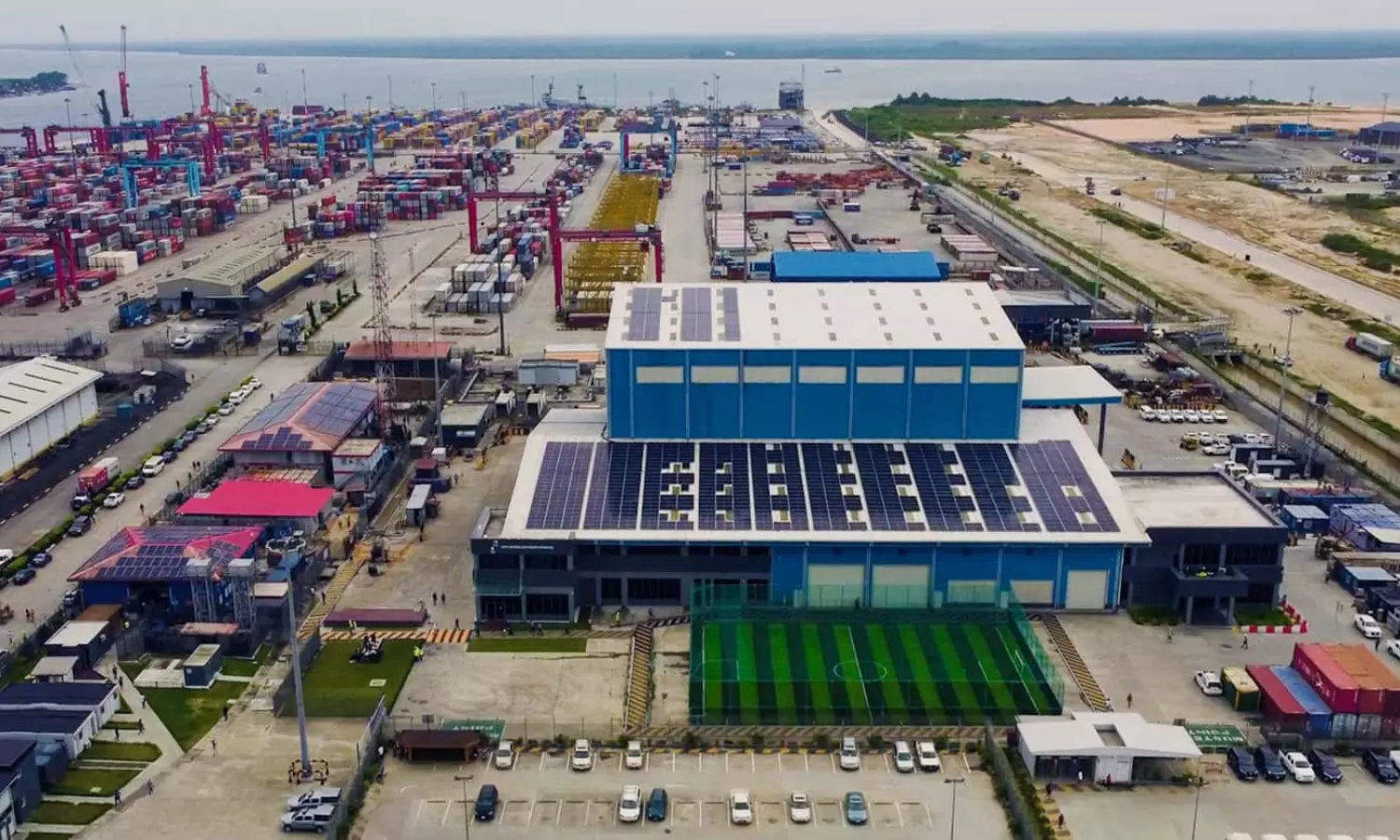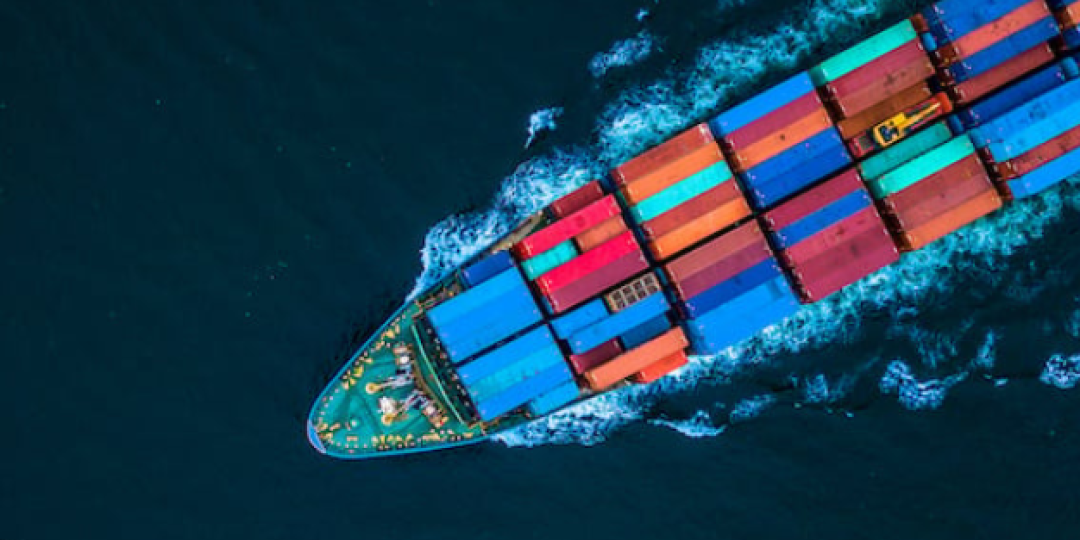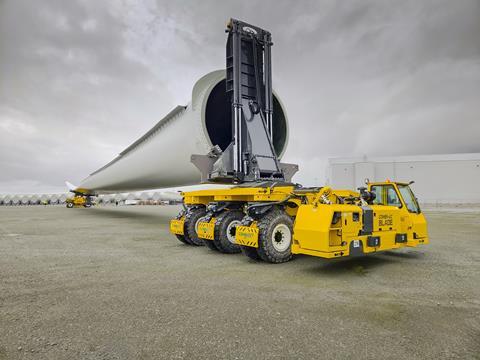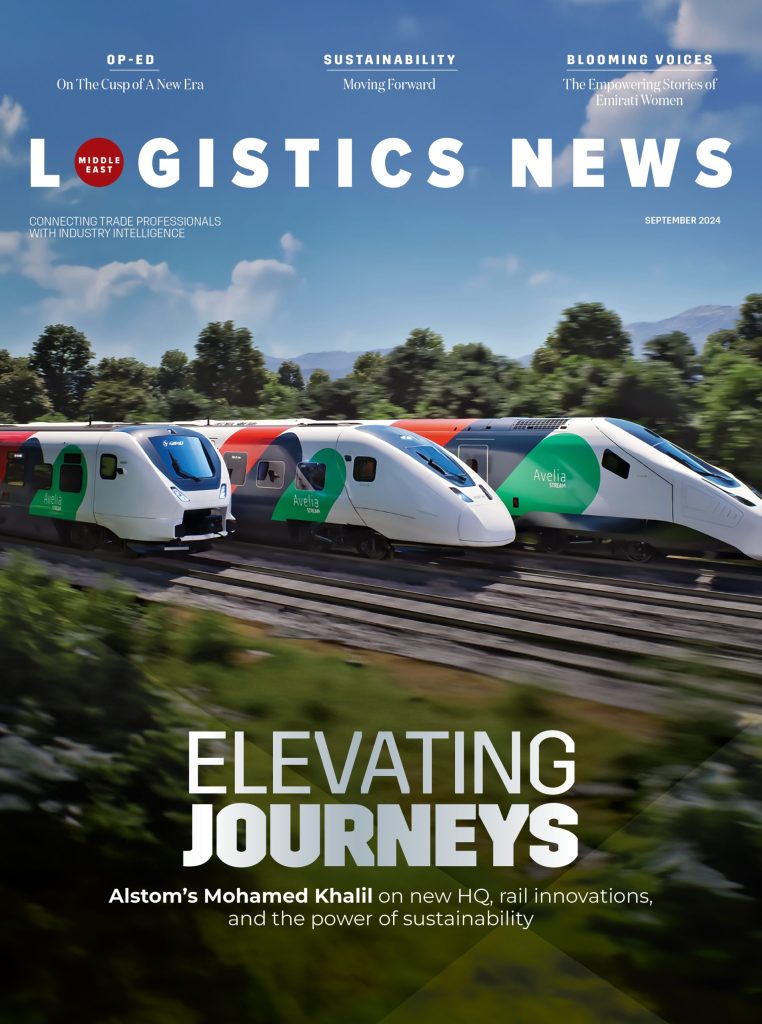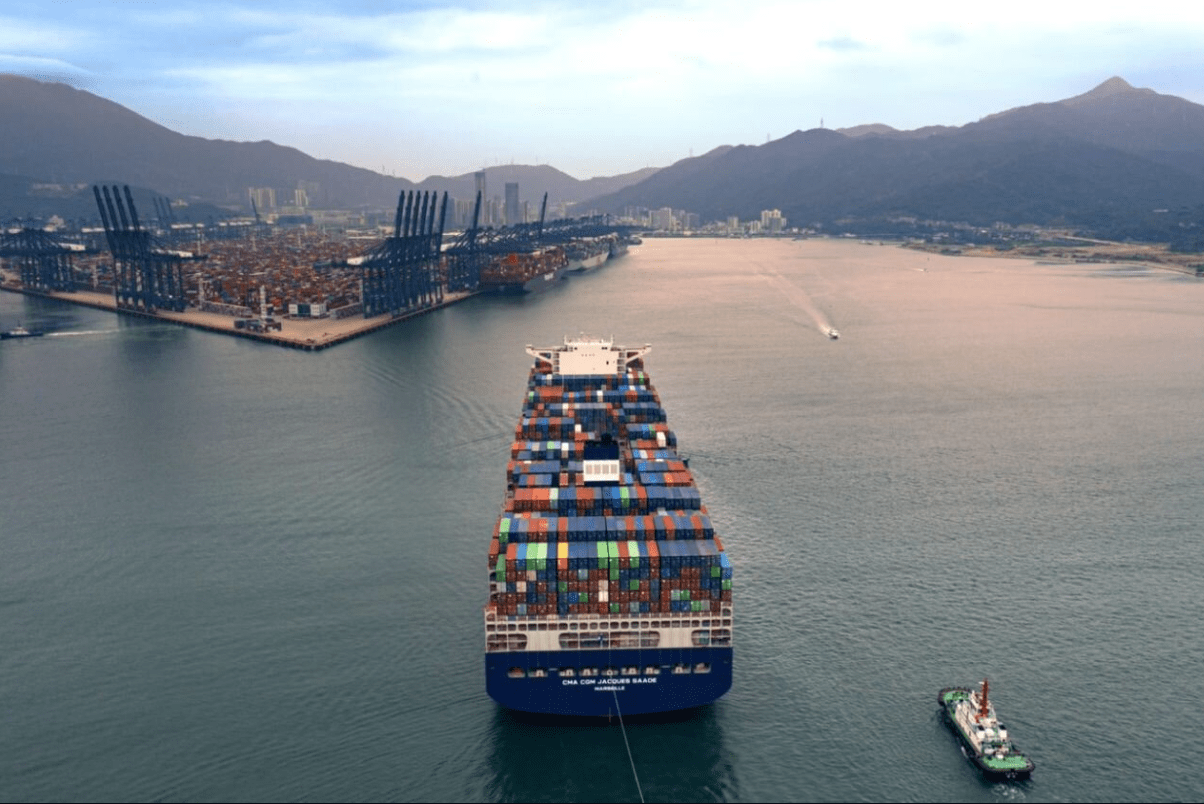Logistic

COSCO SHIPPING Establishes First Overseas Warehouse in West Africa with Nigerian Venture
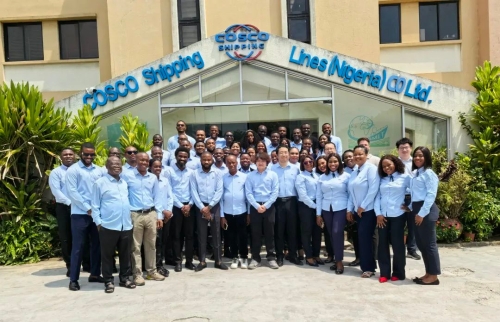
On March 14, the SAGAMU warehouse in Nigeria, a joint venture between COSCO SHIPPING Lines Nigeria and Xiamen C&D Group, officially commenced operations. This milestone marks COSCO SHIPPING’s inaugural warehousing venture in West Africa, signifying a strategic expansion into the region.
Enhancing Supply Chain Efficiency
The establishment of this storage hub in Nigeria aims to meet the “trade front” demands of COSCO SHIPPING’s clients by significantly shortening the supply chain management cycle. The traditional process of “order – ex-warehouse at loading port – ocean shipping – delivery at destination port” will be streamlined to a direct “order – ex-warehouse & delivery at destination port.” This accelerates customer order fulfillment and enhances turnover efficiency.
This “port-warehouse integration” model is expected to boost customer competitiveness and demonstrates a proactive approach to deeper integration within customer supply chains.
Project Development and Future Plans
Reports indicate that COSCO SHIPPING Lines Nigeria, in collaboration with Xiamen C&D, completed a comprehensive feasibility study for this end-to-end warehousing business in Nigeria within 16 months of initiating their collaboration in November 2023. This involved thorough on-site evaluations and analyses of potential warehouse locations around the Lagos Port area, with meticulous reviews of cooperation models, location selection, infrastructure, team building, process development, and risk management. The chosen strategy involves leasing the Jiu Long Logistics warehouse for COSCO SHIPPING Lines Nigeria to provide import warehousing services and support the rapid expansion of international trade operations.
Moving forward, COSCO SHIPPING Lines Nigeria plans to develop and launch a series of import and export warehousing projects around Apapa Port and Lekki Port. These projects will cover diverse business formats including imports, exports, hazardous goods, containerized cargo, and bulk commodities. The company also intends to incrementally replicate this successful “port-warehouse integration” model across neighboring West African nations.






